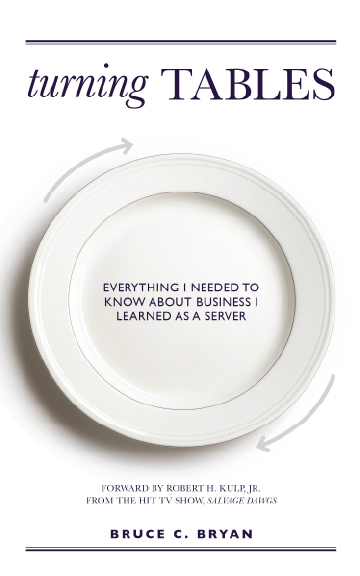July 2010
Needed2Fix
There seems to be a bit of a flurry lately. In the past three or four months I have had a number of companies and organizations reach out to me to ask about their web sites. Everyone in interactive business recognizes the need for a web site as a tool to engage communication and grow a base of business. The problem seems to be related to sites that have been built a few years ago – or before. Back then “programmers” wanted to use complicated language to make clients dependant on them for future changes. Sure the sites may look good and they may even be easy for the user to navigate, but a small little change, or a new picture, or a new employee always seemed to create a hassle because the original web design company had to make all the changes.
That isn’t the way web sites need to work anymore.
Better4It
You can have a populated, lively, interactive and easy to find and navigate web site that uses the latest technology to make the “back end” edits so much easier. You do not need a degree or have to understand how to write “code” or anything like that to change, edit or update your own web site – by yourself.
We love to help our clients and partners.
In this type of situation, the best help we can provide is to build it right and give you the tools to make small changes as you desire in the timing you want. Plus, by giving you the “keys to drive the web site”, we maintain a good relationship with you and are still available to help with strategy, Search Engine Optimization and any other problems or opportunities you face. It’s the best approach.








